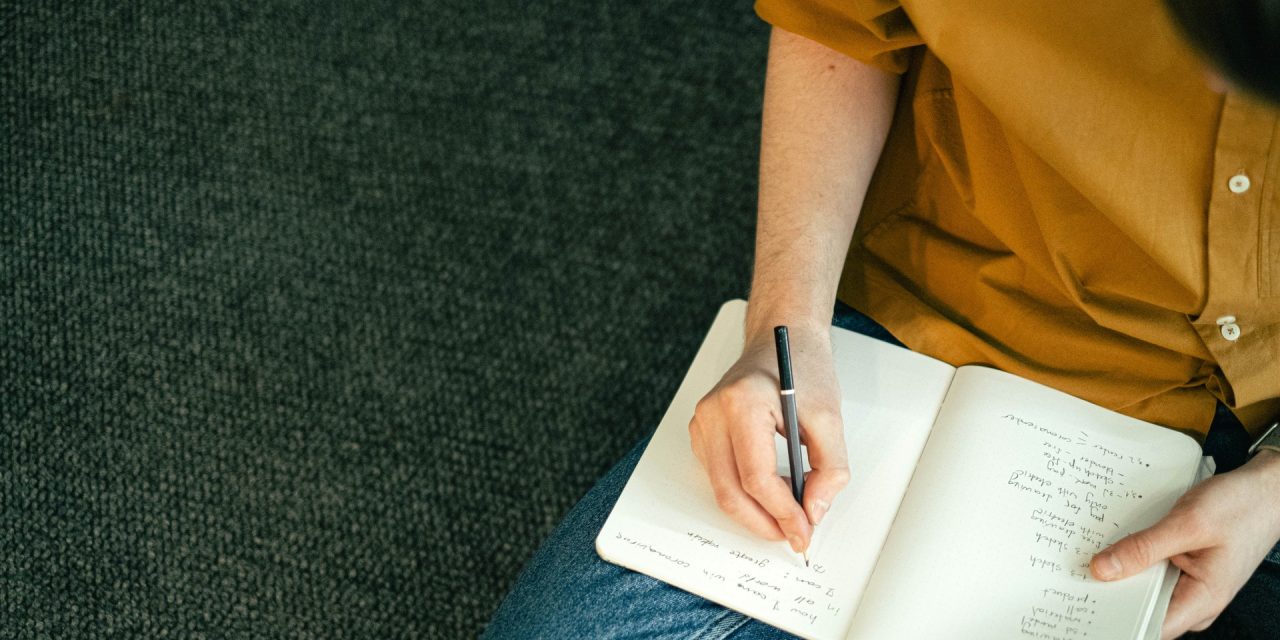Would you be prepared if you had to self-isolate at short notice or if there were a local lockdown?
Who remembers, way back in March when the UK Government announced lockdown? Businesses and schools had to close and we were told we must stay at home. Towns were empty, roads were strangely quiet and loo rolls and flour were like gold dust.
Lockdown presented many challenges (not just trying to find somewhere with a stock of toilet paper) and affected everyone in different ways. Not least for those who were told they needed to shield themselves or self-isolate at short notice. Some were left at home with minimal contact with the outside world and no planned support in place. Some of us were unwell ourselves, and some lost loved ones.
Fast forward to now. Restrictions have eased, businesses reopened, schools are back and hospitals are trying to get regular appointments back on track. As a nation we are slowly adjusting to life after shielding or lockdown and getting used to this new normal.
But numbers of Covid-19 cases in the UK are growing and there has been talk of more restrictions. It’s a nervous time for many but we can all play our part to protect ourselves and those around us and make sure we are prepared if we did need go into another period of lockdown.
Be prepared
A local lockdown isn’t the only reason you might need to stay at home. You would need to stay at home if you yourself developed symptoms of Covid-19, or another member of your household did. If you woke up tomorrow and couldn’t leave the house for 10-14 days (or longer), would you be prepared?
To help you we have compiled this checklist:
- Make sure your prescriptions are up to date and you’ve got at least two weeks stock in your house. Speak to your pharmacist if you are unsure what you might need.
- Check you have enough food and essential supplies for yourself, your family and your pets. Also remember; nappies, medicines, plasters, cleaning or sanitary products. If you haven’t already done so it’s also a good idea to register for online shopping.
- Do you have a dog? Is there someone you can call upon to walk it if you must self-isolate or shield yourself? The PDSA have published some helpful information for self-isolating pet owners.
- If you pay your utilities using a pay-as-you-go meter, make sure your card is topped up and can add credit if you need to without leaving the house.
- Get a free library card and get yourself set up so that you can borrow free ebooks and audiobooks from the comfort of your home.
- Check you have a good supply of activities to keep yourself entertained such as books, puzzles, board games or craft activities. If you have kids, BBC Good food have an activities for kids guide including recipes for playdough and salt dough. You could also check out our article Keeping kids busy at home.
- Organise your friends and family to facetime/call you at regular intervals or think about playing games online with one another. This is a great way to keep in touch!
- Have a plan for if you need something urgently. Who would you call if your medicine or food supplied ran low? Most of us will have friends and family around that are only too happy to help but for those that don’t there are people out there that can help including your local Community Hub or the NHS Volunteer Responders.
- Social isolation can take a toll on mental health, so it’s useful to know where to go for support if you need it. Visit our online mental health directory for information on a range of local support.
Working together to prevent a local outbreak
The County Council will continue to plan for a local outbreak but we can all work together to avoid a local lockdown by remembering to:
- keep 2 metres apart from other people wherever you can
- regularly wash your hands
- wear a face covering (read our article, Face coverings: The basics for everything you need to know about when you need to wear one, who needs to wear one and who doesn’t as well as access to face covering exemption cards)
- if you feel at all unwell (a new persistent cough, a change in smell or taste, or a raised temperature) immediately book a test and stay at home for at least 10 days. Book a test online or call 119 if you have trouble using the internet.
- If you are asked to self-isolate by the NHS test and trace team, please do.
You may also be interested in volunteering to help people who need support during the pandemic. Find out more about local volunteering on the East Sussex County Council website and on the NHS Volunteer Responders website.





After being in total lockdown for my health from March to the beginning of August, and being fortunate enough to have a neighbour do my shopping for me during that time. I was forced because my neigbour went back to work to seek to use on line deliveries. At that time Morrisons were accepting orders with a minimum of £25, which was easy to achieve. Recently Morrisons have raised the limit to a minimum of £40. That can be much more difficult for an older family to achieve. It is entirely possible that someone expecting regular deliveries every week could suddenly find that Morrisons are refusing to accept an order, because it is less than the now rather high minimum. Such people could be faced with not getting any foodstuff for a week, or having to order things that they do not want or need to get the order up to the minimum value. I don’t think this is a very satisfactory situation for people who may well end up having to safeguard again because of the virus.
Hi Michael, if anyone is struggling and doesn’t have friends or family who can help, there are community hubs who can offer advice and help about getting support from local groups and volunteers. There is more information on our website: https://www.eastsussex.gov.uk/community/emergencyplanningandcommunitysafety/coronavirus/coronavirus-community-support/ Best wishes, Laura